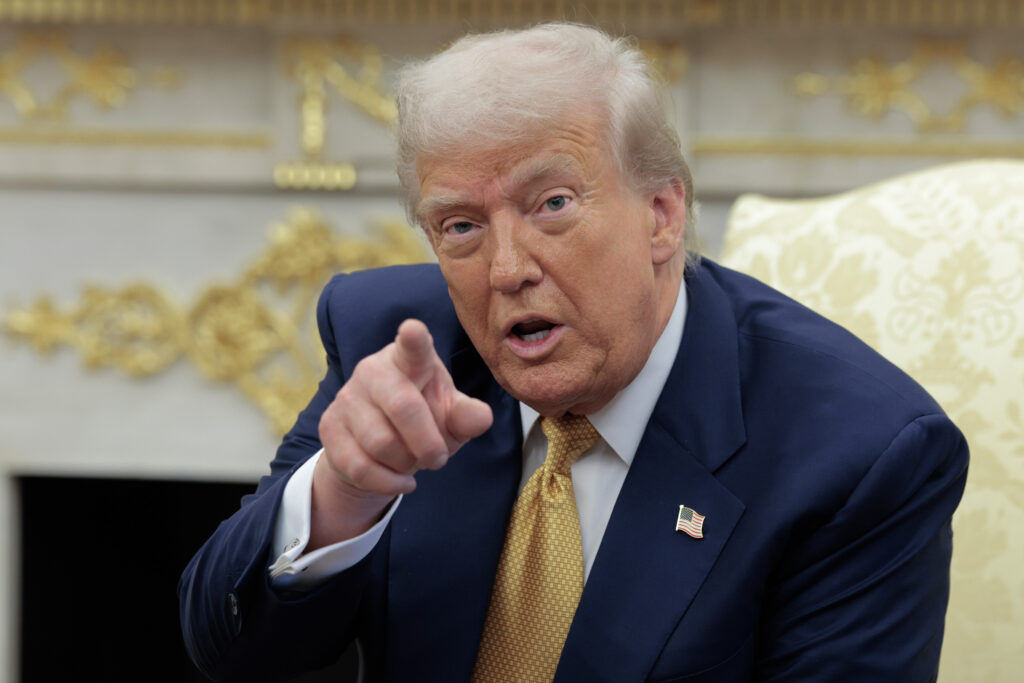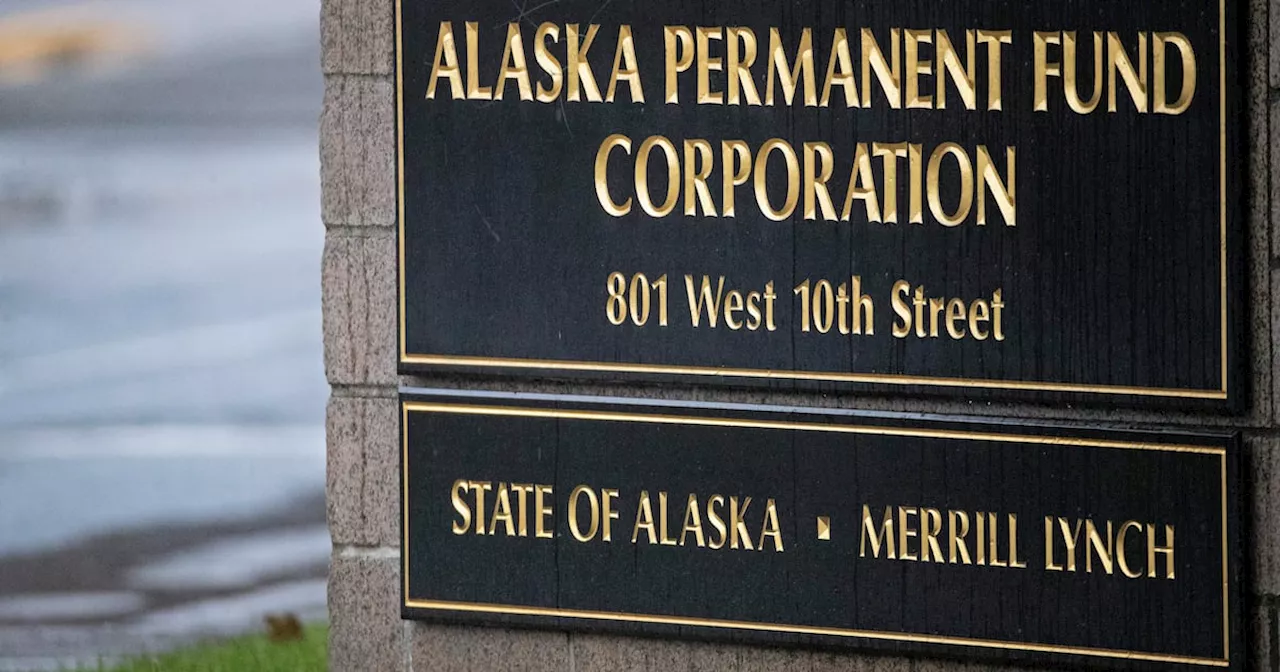
URGENT UPDATE: As tensions escalate, former President Donald Trump faces a crucial turning point after a federal appellate court ruling jeopardized his tariff strategy against Russia. On August 29, 2025, the court struck down Trump’s use of tariffs under the International Emergency Economic Powers Act (IEEPA), limiting his leverage just as Russia launched its second-largest missile attack on Kyiv since the war began, releasing over 600 missiles and drones onto civilian infrastructure.
This latest missile barrage is a stark reminder of the urgency surrounding Trump’s economic strategy. With the legal foundation for his tariffs crumbling, now is the time for real action. The ruling raises questions about the effectiveness of Trump’s approach as he has relied heavily on tariffs rather than enforcing sanctions or pursuing diplomatic avenues.
The court’s decision leaves Trump with only one viable option: to implement secondary sanctions against nations supporting Russia’s war efforts. This includes countries like India, Turkey, and China, which are critical to funding the Kremlin’s military operations. Trump first hinted at these sanctions earlier this summer, but the timeline has since stalled, with multiple delays and no concrete actions taken against these nations.
The political landscape is shifting rapidly. Without immediate enforcement of secondary sanctions, Trump’s strategy risks becoming a hollow threat. His administration has already seen a significant backlash due to its indecisiveness, with Russia continuing to strengthen its position in the conflict.
In the wake of the court ruling, Trump’s ability to impose tariffs—his primary tool for economic pressure—is severely limited. Congress is unlikely to grant him new tariff powers following the court’s ruling, further complicating his position. The implications are clear: Trump must act now or risk losing any remaining leverage.
The State Department and the Office of Foreign Assets Control (OFAC) are reportedly prepared to implement sanctions if Trump moves decisively. Bipartisan support for a sanctions package exists, but time is running out. The IEEPA stay will expire next month, potentially allowing Russia to continue its military operations unchallenged.
As the situation develops, the stakes are high. The international community is watching closely. Will Trump take decisive action, or will he miss this critical opportunity to reinforce American economic power? The world is waiting for answers, and the clock is ticking.
Trump’s ability to effectively enforce sanctions is not just a matter of policy—it’s about credibility on the global stage. If he fails to act, nations observing U.S. responses to Russia may reassess their own strategies. Ukraine is especially vulnerable, counting missiles while the U.S. hesitates on sanctions.
The urgency of the situation cannot be overstated. As Trump navigates this precarious landscape, the future of international sanctions policy hangs in the balance. The next steps are pivotal: decisive action could restore American leverage, while inaction may expose weakness and embolden adversaries.





